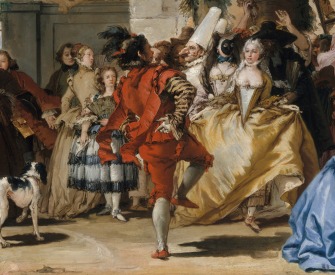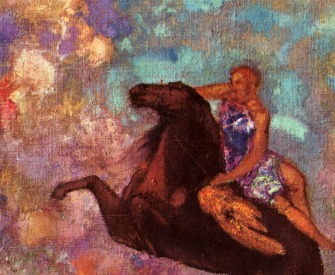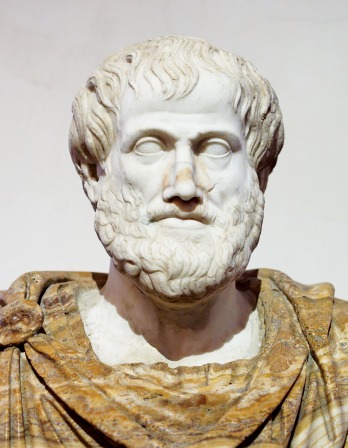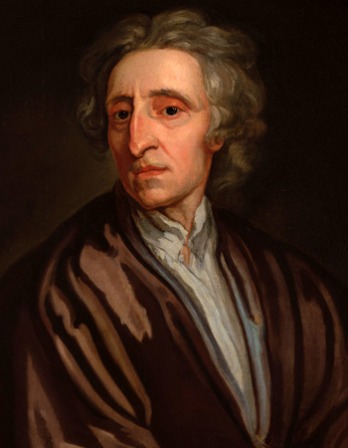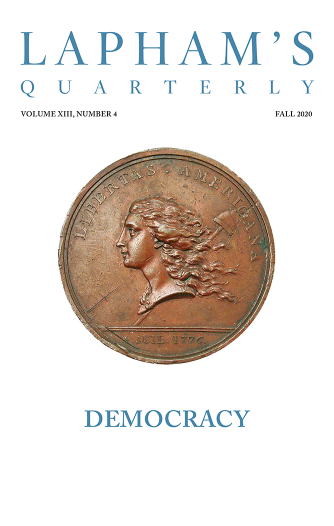Our public powers are now organized: freedom and equality exist under the all-powerful guard of the law; property has regained its true foundations; and yet the constitution would seem incomplete if we did not add, at last, public education. No doubt, we have the right to call this a power, since it encompasses a distinct order of functions that relentlessly improves the body politic and our general prosperity.
I will not seek here to point out the inanity or the innumerable defects of what has up to now been called “education.” Under the old order of things, we could not stop to think on the barbarity of our institutions without becoming frightened of the total lack of enlightenment in the great majority of men, then revolted by the deplorable opinions driven into the minds of those not devoted entirely to ignorance and the prejudices of all kinds on which they were nourished, and the discordance, or rather the absolute opposition, that existed between what a child was compelled to learn and what a man was compelled to do, and finally, the blind and persistent deference to practices that have long been obsolete, which still seemed, after more than ten centuries, to require all of our citizens to live in monasteries.
However, these shocking contradictions, and even greater ones, should not come as a surprise. They naturally had to exist where constitutionally everything was out of place, where so many interests united to deceive and degrade the human species, where it was the nature of government to reject any principles that did not flatter its errors, where it seemed necessary to teach men from childhood to come to terms with prejudices they would live and die under. Men are declared free; but don’t we know that education constantly enlarges the sphere of civil liberty and alone can maintain political liberty against all kinds of despotism? Don’t we know that even under the freest constitution, the ignorant man is at the mercy of the charlatan and much too dependent on the educated man? The one who cannot read or count depends on everything that surrounds him; he who knows the first elements of arithmetic would not depend on the genius of Newton and could even profit from his discoveries.
Men are recognized as equal, and yet how little would this equality of rights be felt, how little made real, in the midst of so many de facto inequalities, if education did not constantly strive to restore this standard and at least weaken the disastrous disparities that it cannot destroy!
Finally, to be honest, would the constitution really exist if it existed only in our code, if from there it did not throw its roots in the souls of all the citizens, if it never imprinted there new feelings, new manners, new habits? And is it not for the daily and ever-increasing action of education that these great changes are reserved?
Everything thus proclaims the urgent need to organize education. Everything shows us that the new state of things, raised on the ruins of so much abuse, requires a creation of this kind, and the rapid and almost spontaneous decline of the present establishments that in all parts of the kingdom wither like plants on a new land that rejects them clearly announces that the moment has come to undertake this great work.
Education is indeed a power of a special nature. It is not given to any man to measure its extent, and the national power itself cannot draw its limits. Men arrive on earth with various abilities, which are both the instruments of their well-being and the means of accomplishing the destiny to which society calls them. But these abilities, at first inactive, need time and activity and men to achieve their full development, to acquire all their energy. Each individual enters life with a profound ignorance of what he can and must someday be. It is up to education to show it to him.
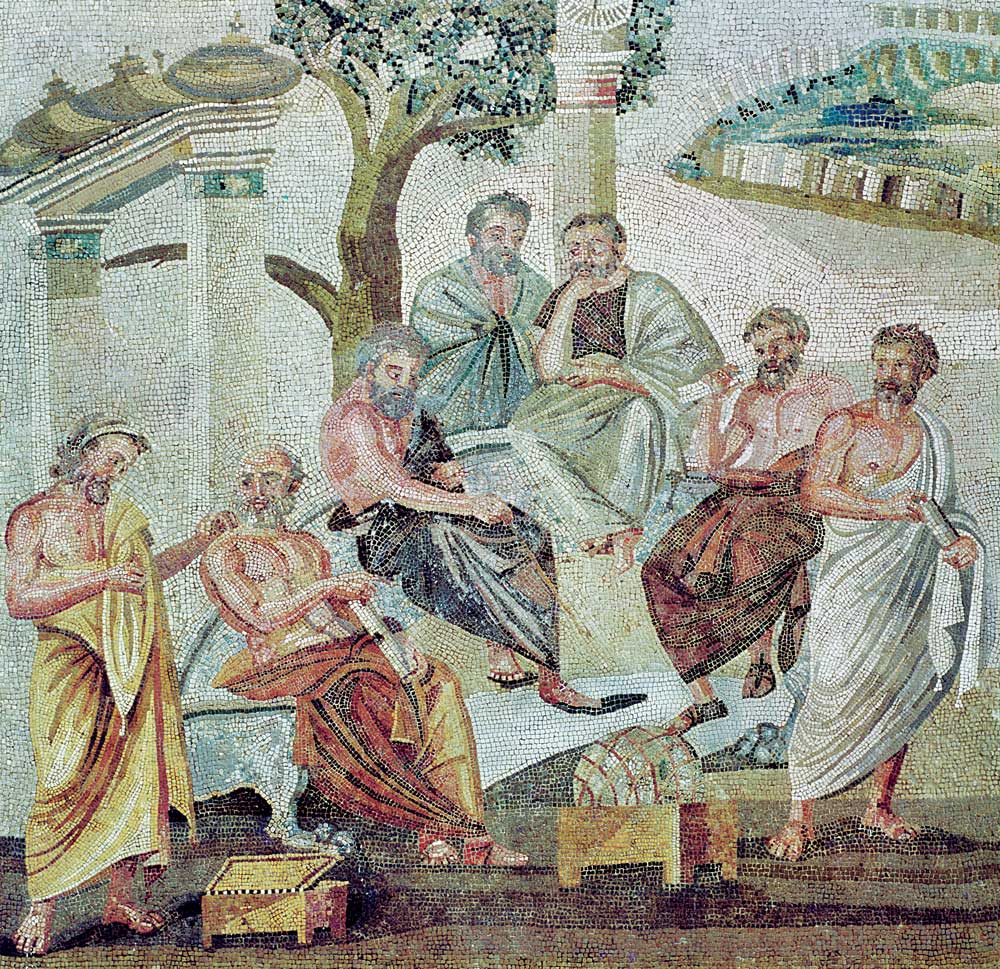
Mosaic of Plato’s Academy, Pompeii, first century bc. Bridgeman Images.
Society should in effect be thought of as a vast workshop. It is not enough that everyone works there; everyone must be in their place, otherwise their powers will oppose each other, rather than increasing. The greatest of all economies is the economy of men, which consists of putting them in their proper positions. It is indisputable that a good system of education is the first means to achieve this. From this point of view, the following principles are called for:
(1) Education must exist for all. Because it is one of the results, as well as one of the advantages, of a society, we must conclude that it is a common good; no one can therefore legitimately be excluded. In fact, the man who has the least private property seems to have an additional right to participate in this common property.
(2) Education, as to its purpose, must be universal, for then it becomes truly a common good, in which each man can appropriate the part that suits him. The various branches of knowledge that education encompasses may not appear equally useful, but there are none that are truly useless and cannot become more useful, and which consequently should be rejected or neglected. There exists between these branches an eternal alliance, a reciprocal dependence; for they all have, in the reason of man, a common point of union, so that one is necessarily enriched and strengthened by the other. In a well-organized society, although no one can come to know everything, it must nevertheless be possible to learn everything.
(3) Education must exist for both sexes; this is too obvious. Since it is a common good, on what principle could one of the two be deprived of it?
(4) Finally, it must exist for all ages. It is a prejudice of habit to always imagine education as only the institution of youth. Education can preserve and improve those it has already trained; therefore, it should naturally be applied to all ages, if all ages are liable to it.
From “Report on Public Instruction.” A graduate of the Sorbonne, Talleyrand was named bishop of Autun shortly before the outbreak of the French Revolution. From that position he facilitated the nationalization of all church property, earning him the nickname “bishop of the Revolution.” He later served in Napoleon’s cabinet; one British cartoonist depicted their relationship with an illustration of Napoleon as the “butcher of Europe,” waving a meat cleaver around a carcass-strewn barn while “Talley” attempts to restrain him.
Back to Issue


